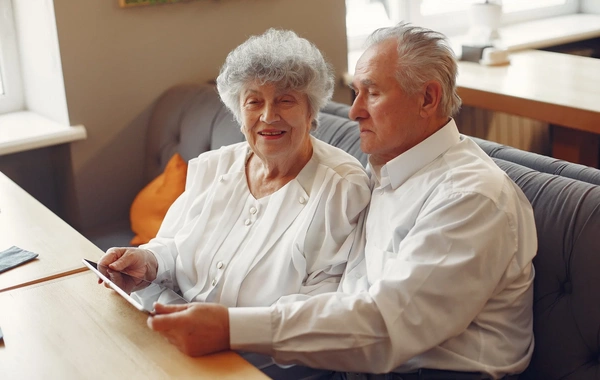Everyone talks about psychology: why wasn't it like this before?

In recent years, interest in psychology and psychological practices has grown worldwide. If previously psychological knowledge and counseling were perceived as something rare and accessible only to a narrow circle of people, today the situation has changed dramatically. Psychologists have become part of everyday life, and their advice is actively used in social networks, media, business, and education. This phenomenon has several causes, each reflecting changes in modern society.
One of the key reasons for the popularity of psychological advice has been the increase in information load and stress in people's lives. Modern humans daily face a huge number of stimuli, responsibilities, and social demands. In such conditions, maintaining emotional balance and understanding one's reactions becomes difficult. Psychological terms and advice help people structure their inner world, understand their own emotions, anxiety, and stress responses. They provide an opportunity to explain what previously seemed incomprehensible or strange and offer practical strategies for improving quality of life.
Media and social networks have played an important role. Today, psychological topics are discussed not only in scientific journals and at conferences but also on platforms like Instagram, TikTok, YouTube. Videos, articles, and posts with psychologists' advice become viral, and professional terminology gradually enters everyday speech. Words like "emotional burnout," "anxiety," "mental health" no longer cause confusion but are perceived as a familiar part of the lexicon. This creates an effect of psychology's accessibility: it seems that everyone can understand themselves and others using professional tools.
Another reason for the popularity of psychological advice is the change in public attitudes toward mental health. Previously, seeing a psychologist was considered somewhat shameful or optional, and discussing personal problems publicly was almost unacceptable. Today the situation is changing. People have come to understand that caring for mental health is just as important as caring for physical health. Psychology has ceased to be something "for the weak" and has become a tool for personal development, self-improvement, and enhancing quality of life. This shift is also associated with growing attention to problems of emotional burnout, depression, and anxiety disorders, especially among youth and professionals.
The popularization of psychological terms is also connected with commercial and educational trends. Personal growth courses, emotional intelligence training, coaching, books, and podcasts about psychology - all this makes psychology not only accessible but also fashionable. People begin to use psychologists' knowledge to increase productivity, improve relationships, understand themselves and others. Psychologists' terms become markers of a conscious approach to life, a kind of "social code" that demonstrates mindfulness and emotional literacy.
However, along with the growing popularity of psychology, risks have also appeared. Sometimes terms and advice are used superficially, without understanding the essence, turning into trendy clichés. Psychological advice on social media is often presented in simplified form and universalized, which can lead to incorrect application in practice. Despite this, the general trend toward spreading knowledge about mental health is overall positive, as it forms a more attentive and conscious society.
In the end, psychological advice has become relevant because modern life requires new tools for managing stress, emotions, and relationships. Previously, such tools were not required because the social structure and pace of life were different.
Today, psychological knowledge helps navigate complex reality, make choices in personal and professional spheres, and develop emotional resilience. Its popularity reflects profound changes in culture, perception of self, and the surrounding world.
Narmina Mamedova
Similar News
A product that reduces chances of longevity has been named
Longevity specialist Dan Buettner has urged minimizing the consumption of one product, as it reduces the chances of longevity. His words are reported by the pub...




 Azərbaycanca
Azərbaycanca  По-русски
По-русски  English
English 






